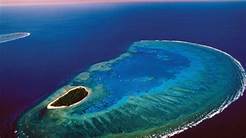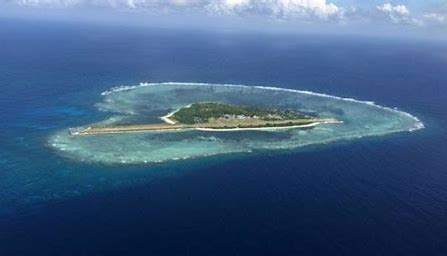
The Philippines has once again emphasized its sovereignty over Scarborough Shoal, a contested area in the South China Sea, following China’s accusations of an alleged illegal intrusion by a Philippine naval vessel. The Philippine Navy firmly stated that only its ships and law enforcement vessels have the authority to challenge foreign ships within its maritime zones, underscoring its commitment to safeguarding its territorial waters.
China, on the other hand, accused the Philippines of “seriously violating” its sovereignty, claiming that Scarborough Shoal falls within Chinese territory. This latest exchange adds to the ongoing tensions between the two nations over the resource-rich and strategically significant South China Sea.
Scarborough Shoal, also known as Bajo de Masinloc or Panatag Shoal, is located 124 nautical miles off the coast of Zambales, well within the Philippines’ 200-nautical-mile exclusive economic zone (EEZ). Despite this, China has maintained a presence in the area, asserting its claims based on its controversial “nine-dash line.”
The dispute over Scarborough Shoal is part of a broader conflict involving multiple nations with overlapping claims in the South China Sea. In 2016, the Permanent Court of Arbitration in The Hague ruled in favour of the Philippines, declaring that China’s expansive claims in the South China Sea had “no legal basis.” However, China has consistently refused to recognize this ruling, further complicating efforts to resolve the dispute.
The Philippines’ recent reaffirmation of its sovereignty highlights its determination to protect its maritime rights and uphold international law. The international community watches closely as tensions persist, recognizing the potential implications for regional stability and global maritime trade.
This ongoing saga underscores the complexities of territorial disputes and the importance of diplomacy in addressing such challenges. The Philippines’ stance reminds us of the need for adherence to international law and respect for sovereign rights in navigating these contentious waters.




